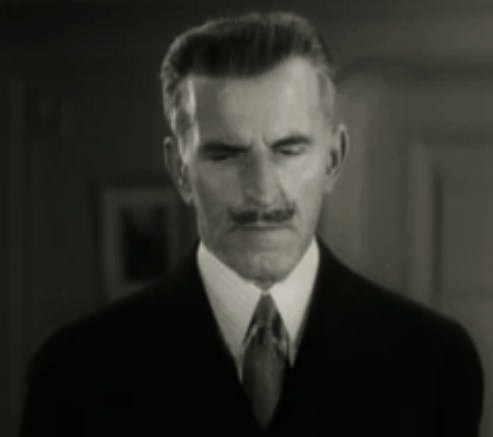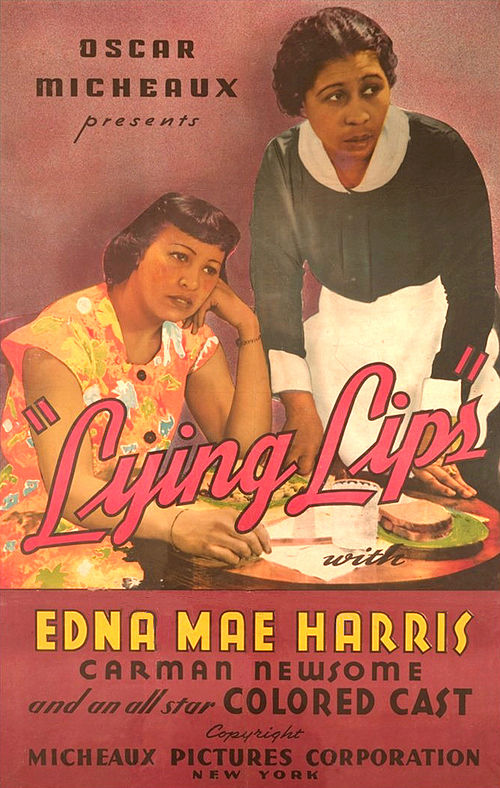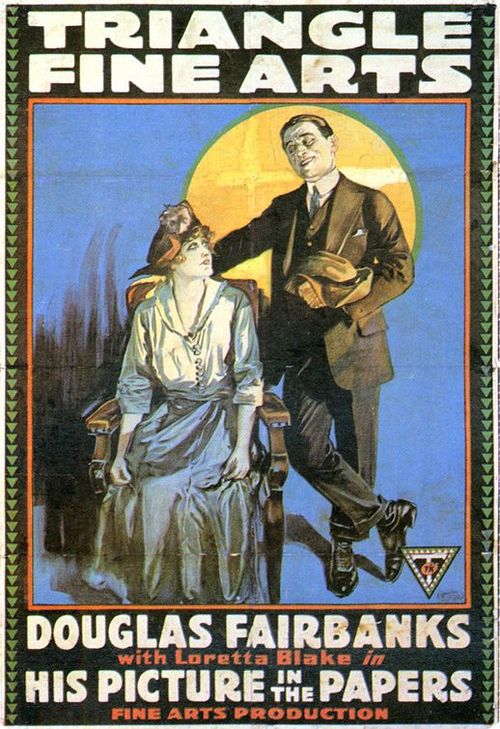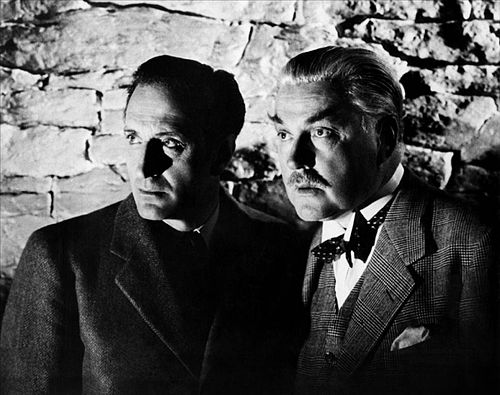Successful Failure
You can find more information regarding this film on its IMDb page.
A Successful Failure is a 1934 American film directed by Arthur Lubin. It was Lubin's first film as director.
There is no connection between the fictional radio personality "Uncle Dudley" in this film, and the 1935 comedy film Your Uncle Dudley, with Edward Everett Horton.
Plot
Ellery Cushing (William Collier Sr.) has trouble at home, and at work. When he's fired from the newspaper where he's worked for fifteen years, his friend Phil (Russell Hopton) quits too, outraged.
Together, they work from their "office", on a park bench, until Phil can get Ellery a try-out, on a radio spot, as "Uncle Dudley". The character is a big hit, with his folksy witticisms.
Meanwhile, at home, Ma, Mrs. Cushing (Lucile Gleason), has her hands full with their daughter, Ruth (Gloria Shea), who has spurned Phil's attentions for an aging Lothario, Jerry (Jameson Thomas). While their oldest son, Robert (William Janney), after turning down a job, has got mixed up with some "Red" rabble-rousers, in the park.
Only their youngest son, Tommy (George P. Breakston), manages to stay out of trouble, doing his homework. Tommy thinks their Dad is alright, even better than "that guy on the radio", who they don't know is their father.
It's only after "Uncle Dudley" gets a concussion, after being hit with a brick, quelling a riot of "Reds", in the park that his family begin to value his worth, and, Phil's, if they all live to appreciate it.
Cast
William Collier Sr. as Ellery Cushing aka Uncle Dudley
Lucile Gleason as Mrs. Cushing
Russell Hopton as Phil Stardon
George P. Breakston as Tommy Cushing
William Janney as Robert Cushing
Gloria Shea as Ruth Cushing
Clarence Wilson as H. T. Flintly, News Record Editor
Jameson Thomas as Jerry Franklin, Ruth's Beau
Richard Tucker as J. W. Blair, Atlas Broadcasting
David Hanna as The savage, Atlas Broadcasting
Production
This film is based on the short story,"Your Uncle William" by Michael Kane, published in The Saturday Evening Post.
William Collier signed in June 1934. The film marked Lucile Gleason's return to movies after a break. Arthur Lubin became attached to direct in July.
In August 1934 the film was officially put on Monogram's slate.
It was the first film directed by Arthur Lubin who had been an actor and had directed theatre. He says it was shot in five days.
Together, they work from their “office”, on a park bench, until Phil can get Ellery a try-out, on a radio spot, as “Uncle Dudley”. The character is a big hit, with his folksy witticisms.
Meanwhile, at home, Ma, Mrs. Cushing (Lucile Gleason), has her hands full with their daughter, Ruth (Gloria Shea), who has spurned Phil’s attentions for an aging Lothario, Jerry (Jameson Thomas). While their oldest son, Robert (William Janney), after turning down a job, has got mixed up with some “Red” rabble-rousers, in the park.
Only their youngest son, Tommy (George P. Breakston), manages to stay out of trouble, doing his homework. Tommy thinks their Dad is alright, even better than “that guy on the radio”, who they don’t know is their father.
It’s only after “Uncle Dudley” gets a concussion, after being hit with a brick, quelling a riot of “Reds”, in the park that his family begin to value his worth, and, Phil’s, if they all live to appreciate it.
Cast
William Collier Sr. as Ellery Cushing aka Uncle Dudley
Lucile Gleason as Mrs. Cushing
Russell Hopton as Phil Stardon
George P. Breakston as Tommy Cushing
William Janney as Robert Cushing
Gloria Shea as Ruth Cushing
Clarence Wilson as H.T. Flintly, News Record Editor
Jameson Thomas as Jerry Franklin, Ruth's Beau
Richard Tucker as J.W. Blair, Atlas Broadcasting
David Hanna as The savage, Atlas Broadcasting





